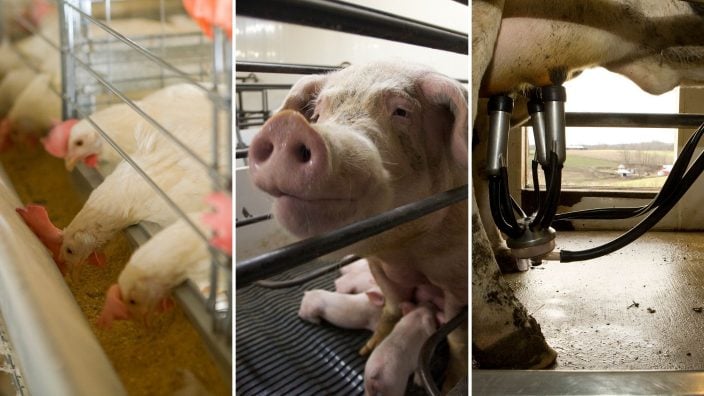Farmer’s Guide to Trucking Regulations available to Ohio Farm Bureau members
The guide includes a farm driver checklist, overview of state and federal regulations and exemptions, CDL qualifications and more.
Read More
New safety measures have been put in place to help those in agriculture be proactive when it comes to the health of farmers, their families, employees and everyone involved in an operation. For anti-ag activist groups, the hope is that the heightened awareness of the impacts a COVID-19 outbreak could have on the farm might find some farmers letting their guard down when it comes to other security efforts.
Farm security was one of the topics discussed at the 2020 Stakeholders Summit, hosted by the Animal Agriculture Alliance. As Brianna Schroeder, an attorney with Indiana-based Janzen Agricultural Law presented to the virtual audience at this year’s summit, she focused on important aspects to keeping the farm activist-free.
“Hiring is the first step you can take in protecting your farm,” Schroeder said. “We have had instances where activists will pose as potential employees and after biding their time will begin to take pictures or create videos and even approach other employees and offer them money in return for helping the activist’s cause.”
Schroeder said when hiring new employees, it is worth having an actual application. That will help gather some background information and some names of references for the potential employee. She adds that actually taking time to call those references is a practical way to be sure the applicant is a valid candidate. Another red flag is if the address on the application isn’t a current location in the area of the farm.
“You also need to have an employment agreement and it has to state that the employee will not take pictures or videos on the farm,” Schroeder said. “It should also include terms that the employee agrees that if they see anything that involves animal abuse or environmental hazards that they should immediately notify the manager or the owner.”
This shows that these issues are important to the farm and also gives the farm the leverage of a contract violation claim if the employee turns out to be an undercover activist and breaks the agreement in any way.
Schroeder also covered the importance of proper training when it comes to bringing new employees on the farm, but what farm security all boils down to is being vigilant.
“Vigilance could be as low tech as locking doors and gates to looking out for strange cars or delivery trucks on the farm or as high tech as motion-detect cameras,” Schroeder said. “Frequent check-ins with employees and managers and making sure all visitors to the farm are verified are other easy steps to make sure those on the farm are allowed to be there.”
Although Schroeder tells her clients to always be aware of what national anti-agriculture organizations are up to, some activists who might be in opposition of zoning or permitting measures happening in the area could be local.
“They may not always be as high tech as some of the well-funded national groups,” Schroeder said. “They will still be watching and may be using binoculars and drive bys to find things that may put the farm in a bad light, so keeping the farm neat and clean is a good first step and an easy thing we all can do.”
In addition, Ohio Farm Bureau members have access to the Livestock Farm Labor and Crisis Prevention Guide. This comprehensive handbook, which includes input from agricultural law attorneys, veterinarians, communications experts, policy experts, industry representatives and farmers, includes information on how to deal with employee disputes and public criticism as well as how to conduct background checks on applicants, what to put in an employee manual and how to create a crisis plan.


The guide includes a farm driver checklist, overview of state and federal regulations and exemptions, CDL qualifications and more.
Read More


Katie Share of Columbus has been named ExploreAg and Youth Development Specialist for Ohio Farm Bureau.
Read More

Mary Klopfenstein of Delphos has been named Young Ag Professional and Ag Literacy Program Specialist for Ohio Farm Bureau.
Read More

The plan has been updated to give sole proprietors access to more rate stability and a smart solution that offers potential savings on health care.
Read More

The American Farm Bureau Federation, in partnership with Farm Credit, is seeking entrepreneurs to apply online by June 15 for the 2025 Farm Bureau Ag Innovation Challenge.
Read More

Adele Flynn of Wellington has been elected treasurer of the Ohio Farm Bureau Federation and now holds the third highest elected office in Ohio’s largest and most influential farm organization.
Read More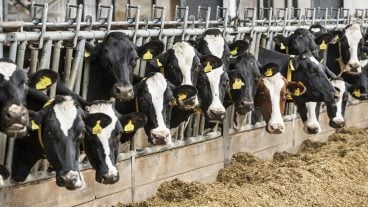
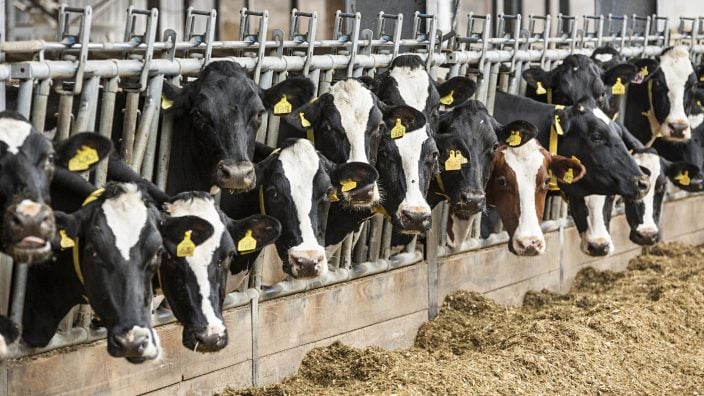
Producers are urged to work with their veterinarian to practice enhanced biosecurity measures and review and limit cattle movements within production systems.
Read More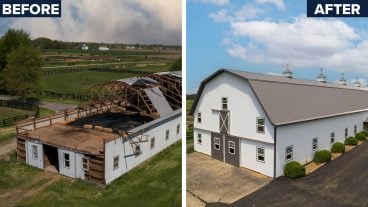
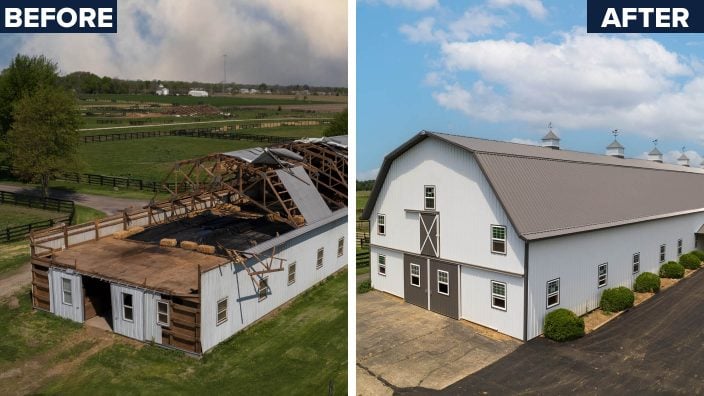
The changing seasons bring with them the need to thoroughly inspect pole barns for any damages that may have occurred during the winter months.
Read More
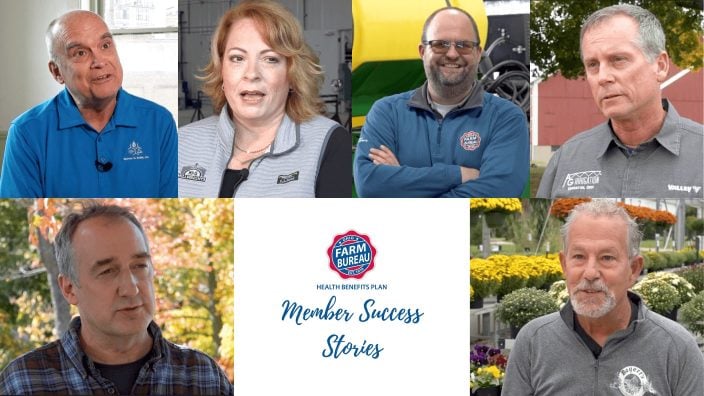
Hundreds of Ohio businesses and sole proprietors are raving about Ohio Farm Bureau’s Health Benefits plan with lower, predictable costs and easy enrollment and administration options.
Read More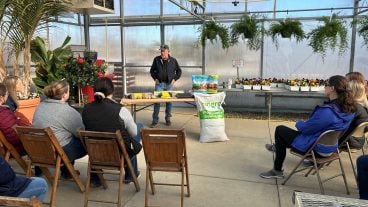
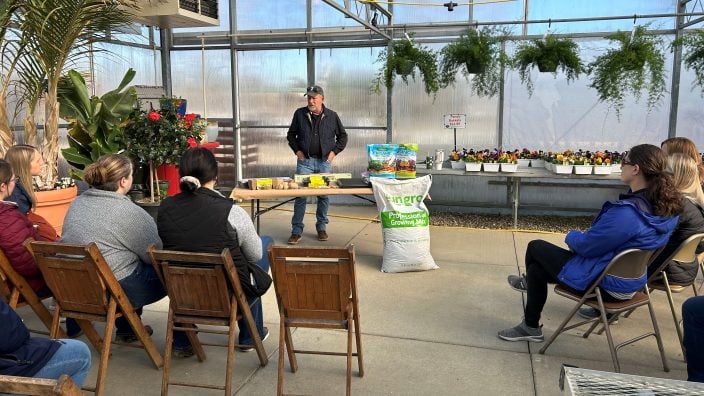
AgriPOWER Class XIV spent a few days in March in Medina and Wayne counties learning more about northern Ohio agriculture from leaders in Ohio Farm Bureau.
Read More